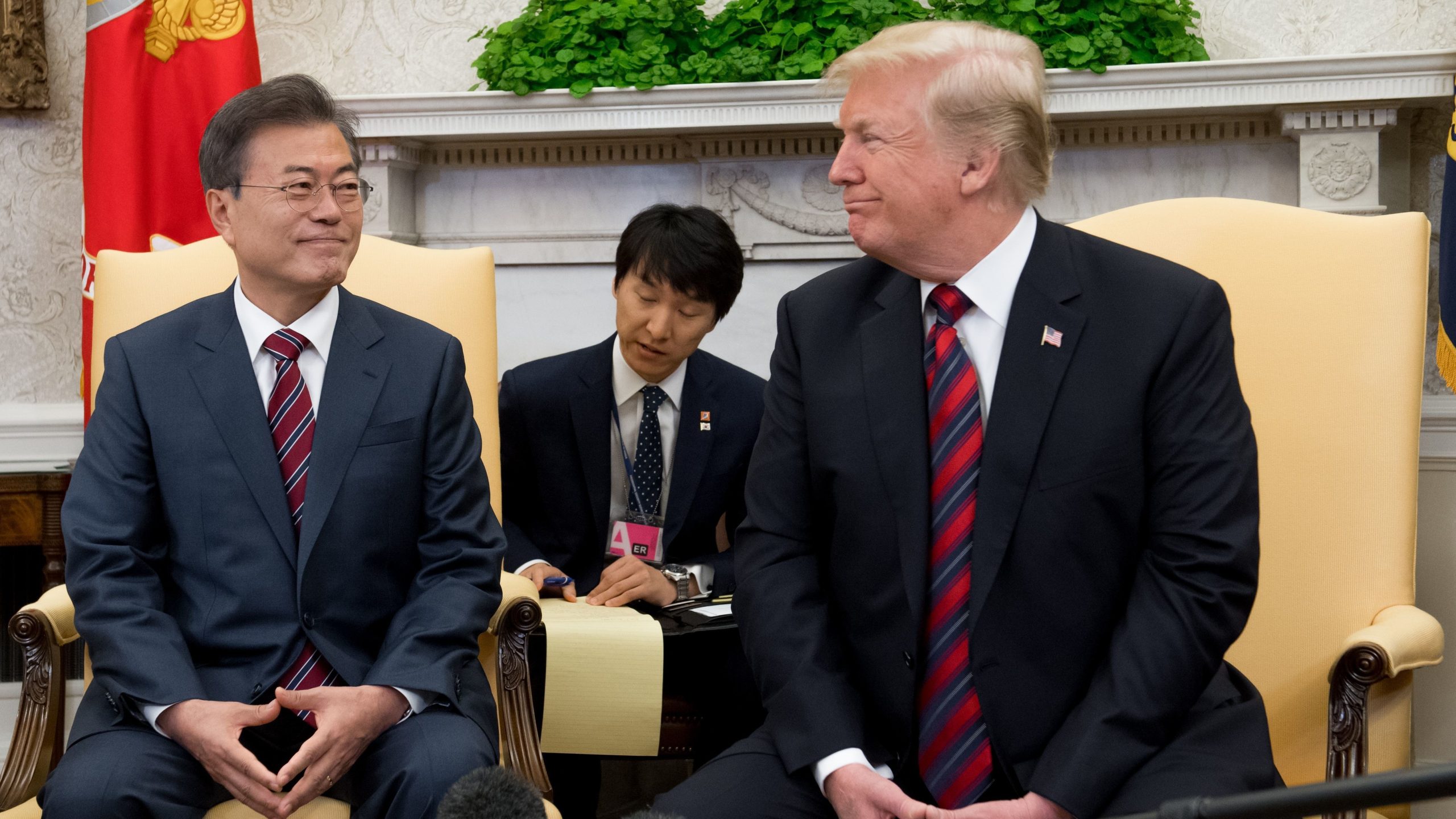During Donald Trump’s presidency, the situation on the Korean Peninsula was marked by turbulence and uncertainty. In 2017, tensions were high, with many fearing that a war could break out.
However, a series of summits, including an inter-Korean summit and a historic North Korea-US summit in 2018, raised hopes for peace and stability.
Despite these positive developments, the second North Korea-US summit in Hanoi in 2019 ended without an agreement, leading to a cooling of relations between North Korea, South Korea, and the US. Recent developments have reignited fears of conflict on the peninsula.
Trump’s Dealings with Korea (Credits: Vox)
Looking ahead to a potential second Trump presidency, there are mixed expectations. Some hope that Trump’s unpredictability could lead to a breakthrough in negotiations, while others emphasize the importance of stability and predictability in foreign affairs.
Inje University professor Kim Yeon-chul, a former Minister of Unification, warns against increased uncertainty, noting that predictability is crucial for security.
He also points out that the international order surrounding the Korean Peninsula has changed significantly, which could impact the outcome of any future negotiations.
Kim stresses the need for careful efforts to prevent unintended clashes and emphasizes that the situation on the Korean Peninsula would be very different in a second Trump term.
Overall, the future of the Korean Peninsula remains uncertain, with much depending on the outcome of future negotiations and the actions of key players like the US and North Korea.
